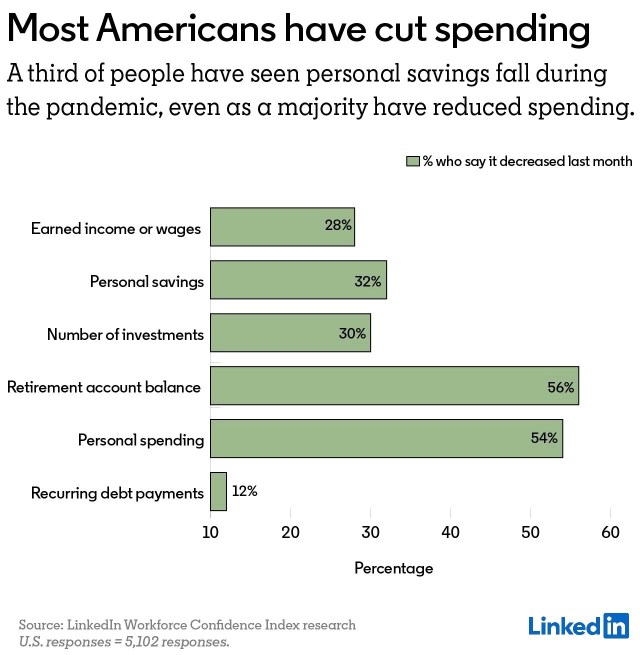Times are hard right now. Everyone is doing their best to cope with the “New Normal” brought on by the Corona Virus. Working from home. Kids out of school. Restaurants and bars closed down. Sports of all kind shut down. Isolation. It’s at times like this that I am thankful for colleagues who step up and help. One of my colleagues, Bob Seawright, writes a great Blog called “Above The Market” . Today’s article was written by Bob and I thank him for stepping up to provide us this great back story on why we need to wash our hands. Stay safe and enjoy.
Wash Your Hands by Bob Seawright
No instruction has been more consistent throughout the coronavirus crisis than the insistence that we wash our hands. Pretty much all the time. A lot more thoroughly and for a lot longer than we’re used to. The reminders are insistent, too, and sometimes annoying.
But they are important. Therefore, it is appropriate that we recall the tragic story of the patron saint of hand-washing. He’s Ignaz Semmelweis, a 19th Century Hungarian obstetrician who found lasting scientific fame, but only posthumously.
Semmelweis discovered that the often-fatal puerperal fever, sometimes called “childbed fever,” common among new mothers in hospitals at the time, could essentially be eliminated if doctors simply washed their hands before assisting with childbirth. Semmelweis observed that a particular obstetrical ward suffered unusually high instances of the disease and that doctors there often worked in the morgue right before aiding in childbirth but had not washed their hands in between. He speculated that “cadaverous material” could be passed from doctors’ hands to patients, causing the disease. He thereupon initiated a strict handwashing regimen at his hospital, using a chlorinated solution, for all who would assist in childbirth. Death rates plummeted.
Semmelweis expected a revolution in hospital hygiene as a consequence of his findings, but it didn’t come.
His hypothesis, that there was only one cause of the disease and that it could be prevented simply through cleanliness, was extreme at the time and ran counter to the prevailing medical ideology, which insisted that diseases had multiple causes. Despite the practical demonstration of its effectiveness, his approach was largely ignored, rejected, or even ridiculed. Things got so bad that Semmelweis was ultimately dismissed from his hospital post and harassed by the medical community in Vienna, forcing him to move to Budapest.
The story gets even stranger from there. In Budapest, Semmelweis grew increasingly outspoken and hostile towards physicians who refused to acknowledge his discovery and implement his protocols. Vitriolic exchanges ensued, in medical literature and in letters, and Semmelweis was eventually lured to an asylum where his opponents had arranged for his incarceration. He was beaten severely and put in a straitjacket. He died within two weeks.
The Semmelweis approach only earned widespread acceptance many years after his death, when Louis Pasteur developed the germ theory of disease (which offered a theoretical explanation for the Semmelweis findings) and Joseph Lister, acting on the French microbiologist’s research, practiced and operated using hygienic methods to great success. As a consequence, Semmelweis is today considered a pioneer of antiseptic procedures and something of a martyr.
Psychiatrist Thomas Szasz (highly controversial himself) summed things up aptly.
“[I]t can be dangerous to be wrong, but, to be right, when society regards the majority’s falsehood as truth, could be fatal. This principle is especially true with respect to false truths that form an important part of an entire society’s belief system. …In the modern world, they are medical and political in nature (emphasis supplied).”
What has come to be known as the “Semmelweis Reflex” is our tendency to reject new evidence or new knowledge when it contradicts our established norms, beliefs, or paradigms.
The Simmelweis Reflex and other decision-making biases compromised the containment of COVID-19. In classic examples of the planning fallacy, governments have consistently underestimated exposure and overestimated their control of the situation. For example, less than a month ago, U.K. Prime Minister Boris Johnson spoke of shaking hands “with everyone” and business as usual, while Italy was in disaster mode. He has since reversed course, closing schools and imposing a societal lockdown, and contracted the disease himself.
Stopping COVID-19 will require harsh and difficult measures. St. Louis Federal Reserve President James Bullard suggests that we “[f]rame this as a massive investment in U.S. public health.” It is also a massive investment in survival. Yet, in classic displays of confirmation bias and overconfidence, individuals young and old have readily latched onto narratives that suggested the pandemic might be a general threat, but isn’t much of a threat to them.
Lockdown, Manhattan style: an incredibly grim photo of all the Caviar delivery guys waiting to pick up orders of $70 veal parm at Carbone https://t.co/OWM7fDvoWB pic.twitter.com/leCtqHmzwK
— Tom Gara (@tomgara) March 23, 2020
When we grab a glass of what we think is apple juice, only to take a sip and discover that it’s actually ginger ale, we react with disgust, even when we love the soda. We quite naturally try to jam the facts into our pre-conceived notions and commitments or simply miscomprehend reality such that we accept a view, no matter how implausible, that sees a different (“alternative”) set of alleged facts, “facts” that are (conveniently) used to support what we already believe.
As C.S. Lewis wrote in The Magician’s Nephew, a children’s book that is much more than that, “What you see and what you hear depends a great deal on where you are standing. It also depends on what sort of person you are.” If you want to be the sort of person your children (real or potential) look up to, take this crisis seriously. When treatments for COVID-19 are developed and, ultimately, a vaccine produced, we’re all going to have to take our medicine, literally and figuratively. Until then, stay inside. Practice social distancing. Follow the recommended procedures.
And don’t forget to wash your hands.

